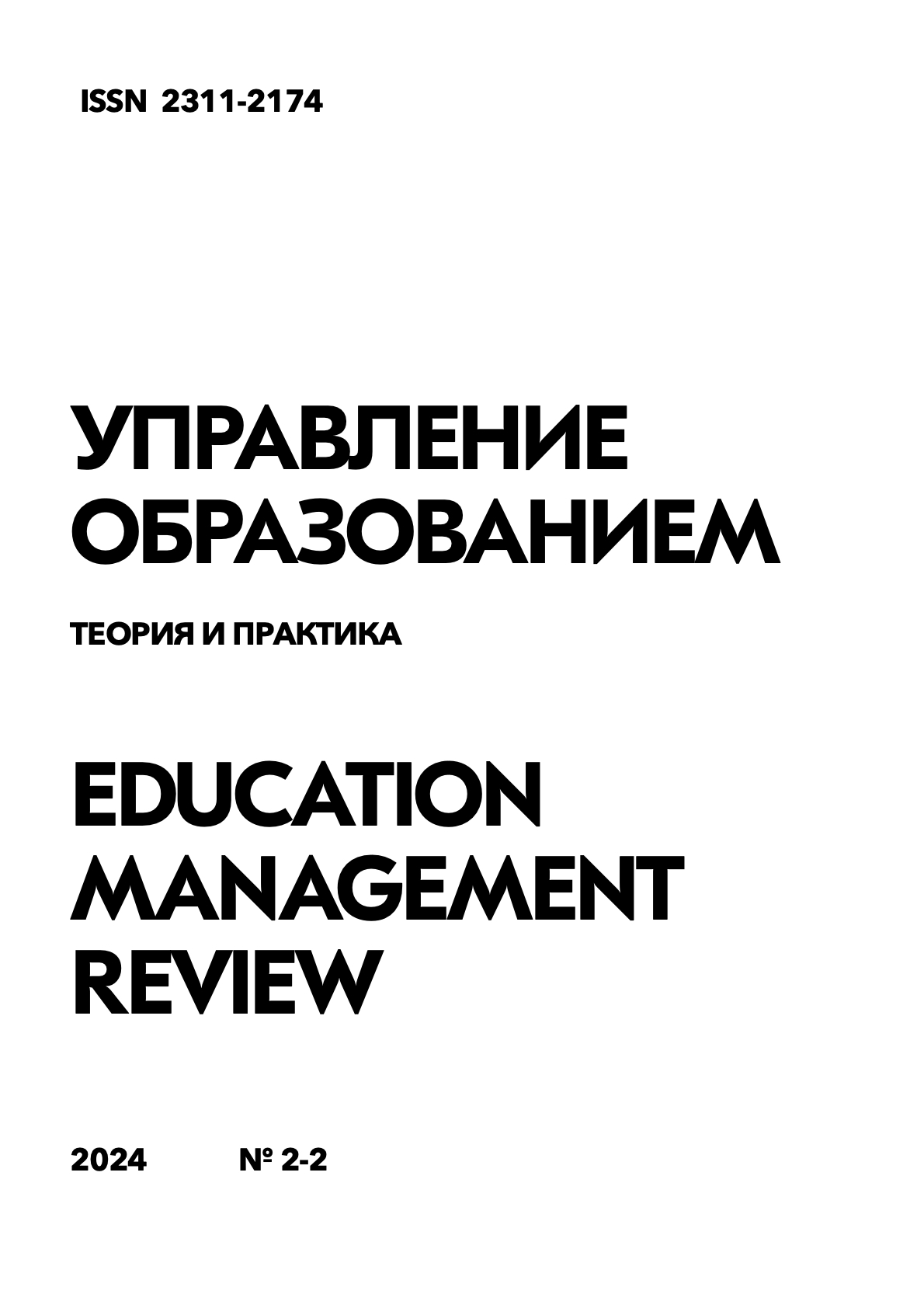Analysis of the specifics of management training in Russian oil and gas universities
DOI:
https://doi.org/10.25726/o8014-4650-5896-eKeywords:
oil and gas industry, management personnel, higher education, professional competencies, curriculum, practice-oriented approachAbstract
This article presents a comprehensive analysis of the specifics of management training in the leading oil and gas universities of the Russian Federation. The relevance of the topic is due to the increasing need of the industry for highly qualified specialists who are able to effectively solve management tasks in a dynamically developing hydrocarbon market. The purpose of the study is to identify the features of the educational process aimed at the formation of professional competencies of future managers of oil and gas enterprises. Research materials and methods include an analysis of educational programs and curricula of specialized universities, such as Gubkin Russian State University of Oil and Gas (NRU), Ufa State Petroleum Technological University (USNTU) and Tyumen Industrial University (TIU). A survey of 350 senior students and graduates of these educational institutions was conducted in order to identify their satisfaction with the quality of their education and the level of preparation for future management activities. Methods of statistical data processing, comparative analysis and expert assessment were used. The results of the study indicate the presence of a number of features in the training of managerial personnel for the oil and gas industry. It was found that in the curricula of specialized universities, considerable attention is paid to engineering and technical disciplines (up to 60% of the total hours), while the share of courses in management, economics and law is only 25-30%. At the same time, 78% of the surveyed students and graduates noted the lack of practice-oriented classes and project activities aimed at developing leadership qualities and managerial skills. The necessity of strengthening the interaction of universities with leading enterprises of the industry for the organization of internships and the involvement of experienced practitioners in the educational process has been identified.
References
Апенько С.Н., Еременко Е.И. Инновационные технологии формирования и оценки профессиональных управленческих компетенций слушателей программ дополнительного образования вузов // Известия Иркутской государственной экономической академии. 2018. № 5. С. 834-841.
Белова Е.Н. Управленческая компетентность руководителя: мон. Красноярск: Красноярский государственный университет, 2018. 273 с.
Будзинская О.В., Шейнбаум В.С. Институциональное обеспечение непрерывного инженерного образования // Высшее образование в России. 2018. № 27(10). С. 30-46.
Будзинская О.В., Шейнбаум В.С. Институциональное обеспечение непрерывного инженерного образования // Высшее образование в России. 2018. № 27(10). С. 30-46.
Данилова Л.Н. Развитие терминологии непрерывного образования за рубежом// Вестник костромского государственного университета. 2017. № 23(4). С. 232-236.
Ермоленко В.В. Интеллектуальный человеческий капитал в обеспечении принятия уникальных управленческих решений в корпорации: теория, методология и инструменты: мон. Краснодар: Кубанский государственный университет, 2019. 364 с.
Зайцева О.В. Непрерывное образование: основные понятия и определения. Вестник ТГПУ. 2009. № 7(85). С. 106-109.
Иванов И.Н., Лукьянова Т.В. Разработка модели компетенций: подходы и реализация // Вестник ГУУ. 2019. № 1.
Кудрявцева Е.И. Современные подходы к проблеме формирования и использования моделей компетенций. Актуальные проблемы государственного и муниципального управления // Управленческое консультирование. 2012. № 1. С. 166-177.
Курбанов Я.М., Земенков Ю.Д., Чижевская Е.Л., Шабаров А.Б. Диверсификация научно-технического развития и управления эффективностью предприятий ТЭК в нестабильной макроэкономической среде: особенности и проблемы // Деловой журнал Neftegaz.RU. 2022. № 12(132). С. 74-79.
Мартынов В.Г., Шейнбаум В.С. Профессиональная ответственность – ключевая компетенция инженера XXI века//Высшее образование в России. 2022. № 31(2). С. 107-118.
Мединцева И.П. Компетентностный подход в образовании // Педагогическое мастерство: мат. II Междунар. науч. конф. М.: Буки-Веди, 2019. С. 43-48.
Рыбас А.Л., Махутов Н.А., Гаденин М.М. Научное обеспечение основ государственной политики в области промышленной безопасности // Безопасность труда в промышленности. 2018. № 11. С. 7-14.
Shantarin V.D., Zemenkova M.Y., Zemenkov Y.D. Development of Thermophysical Hydrocarbon Wastes Pyrolysis Model (in the Case of Wood) // IOP Conference Series: mat. scien. and engin, Tyumen, May 20-25, 2016. Vol. 154. Tyumen: Institute of Physics Publishing, 2016. P. 12.
Shantarin V.D., Bezzubtseva N.A., Zemenkov Y.D. Noospheric ecological imperative in culture of technocratic society // IOP Conference Series: mat. scien. and engin. Tyumen, Jan.10-12. 2018. Vol. 357. Tyumen: Institute of Physics Publishing, 2018. рр. 1-12.




